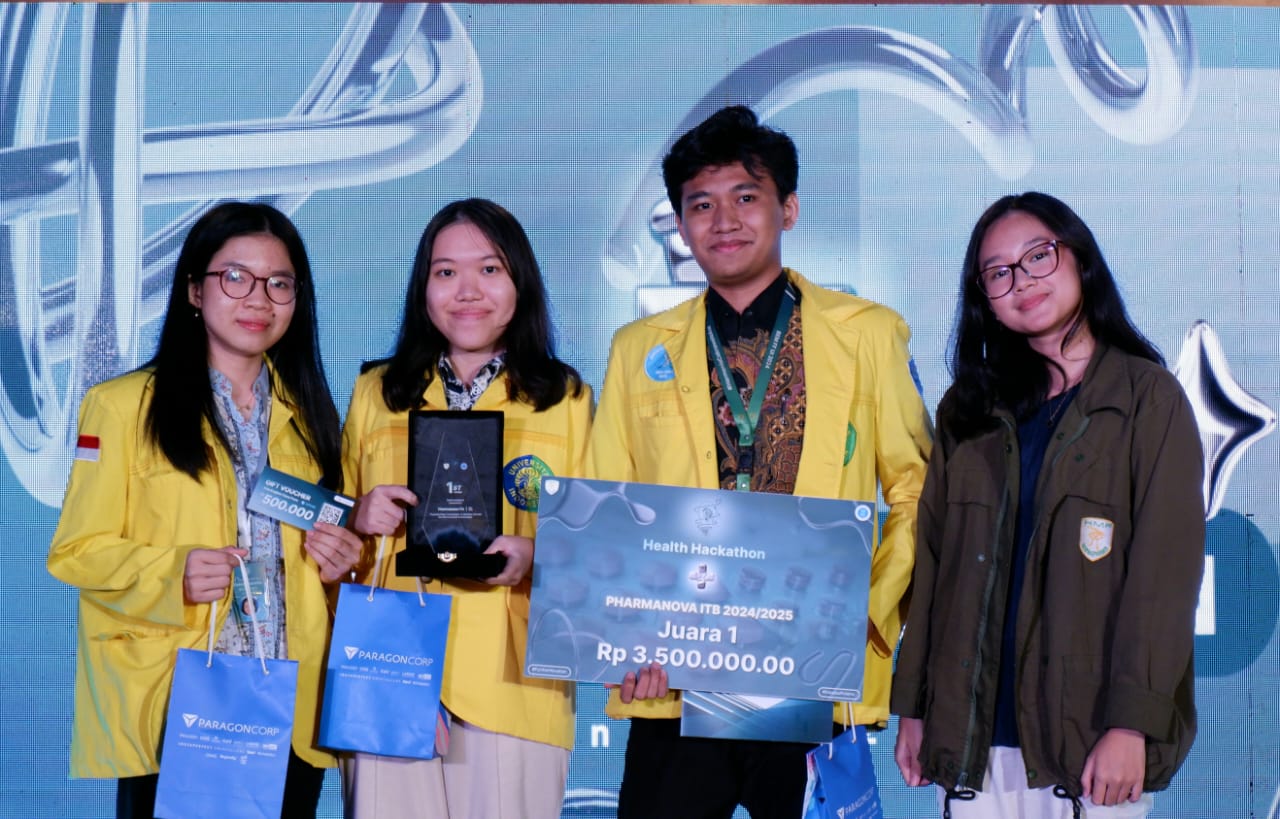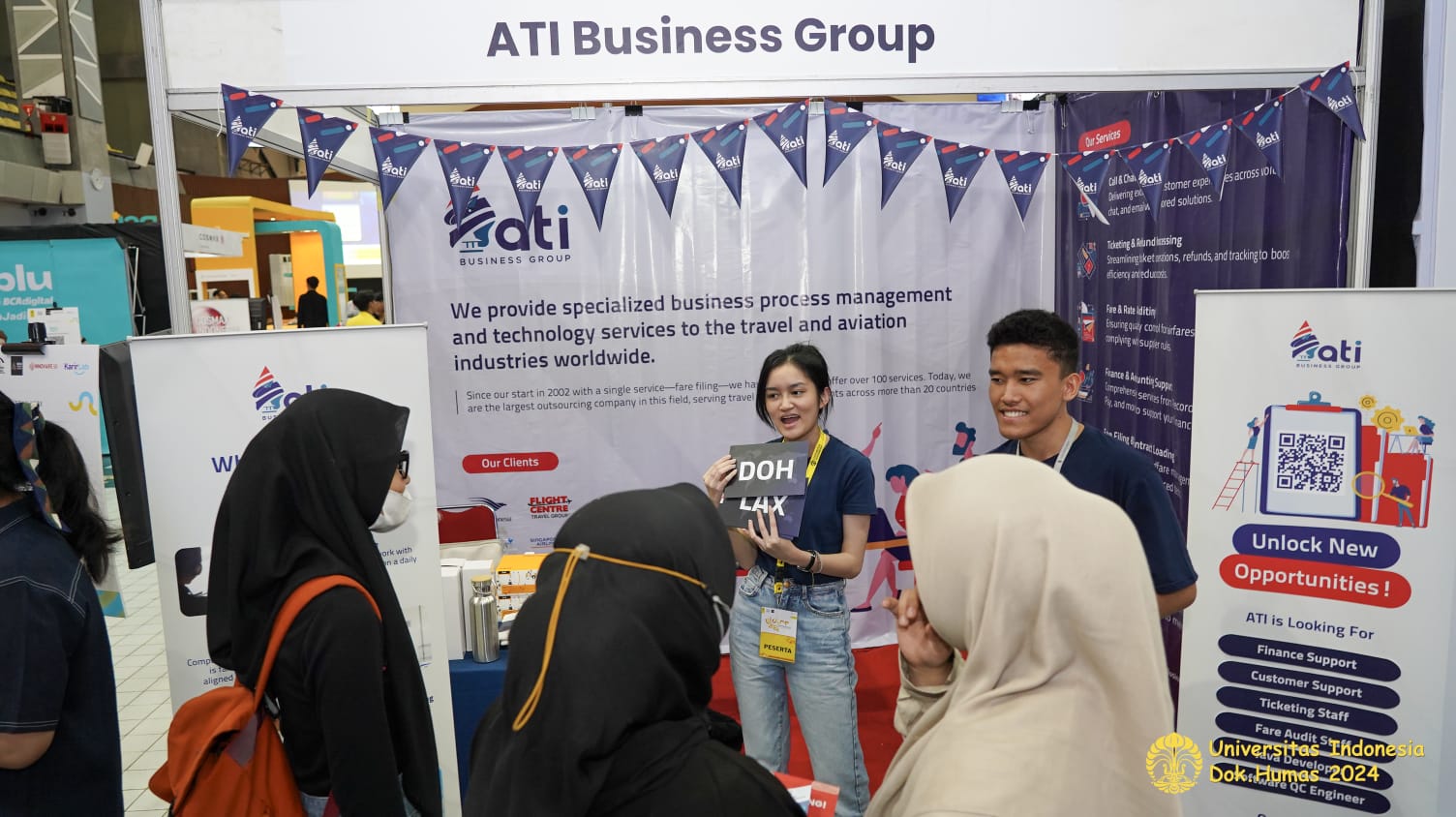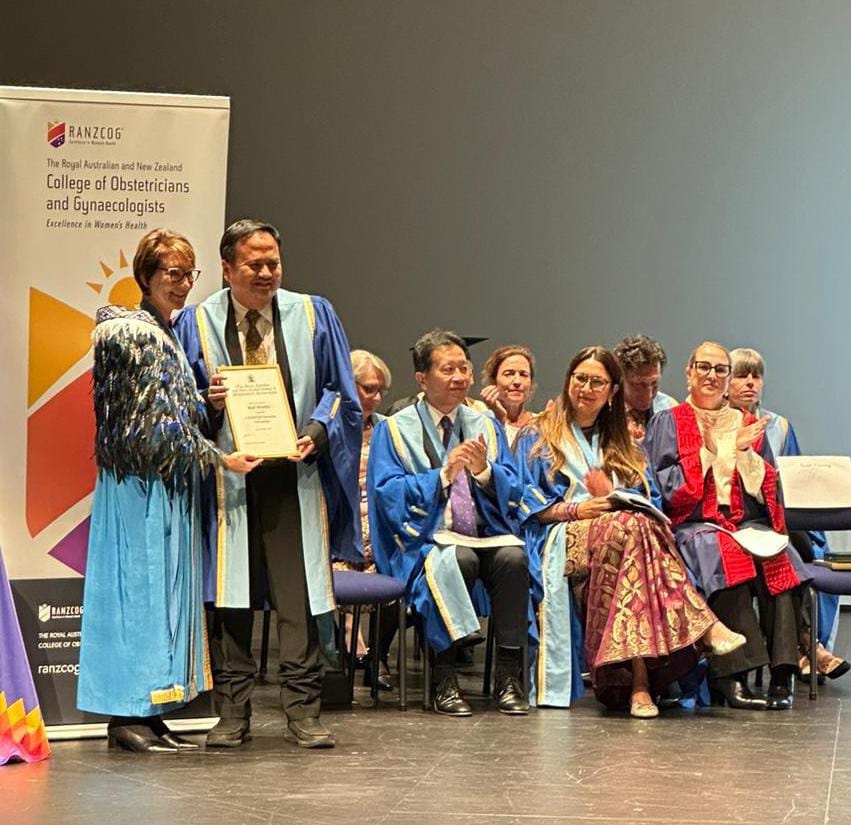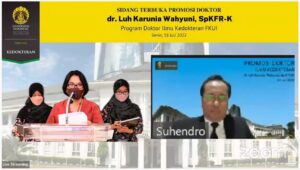
The main factor causing difficulties in drinking among premature infants is a lack of self-regulation, according to Faculty of Medicine (FKUI) doctor, dr. Luh Karunia Wahyuni, Sp.KFR(K). dr. Luh presented a dissertation titled “Inability in Drinking among Premature Infants: Factors, Risks, and Effectivity of Therapeutic Positioning and Oromotor Intervention Procedures” in a doctoral promotion examination held by the faculty on Monday (18/7).
Drinking can pose a challenge to premature infants due to their imaturity and morbidity, dr. Luh’s explained. 40 to 70 percent of premature infants display symptoms of atypical and imature drinking habits: difficulty in initiating sucking processes, irregular, weak, inefficient manner of sucking, difficulty in coordinating sucking-swallowing-breathing processes, and weary and unsustained sucking. Premature infants are also incapable of consuming calories, may find it hard to tolerate feeding of liquids, and experience difficulty in transitioning from Orogastric Tubes (OGT) to other means of liquid input. Whether or not a baby is drink-ready has been so far determined by a set of criteria consisting of the following conditions: gestational age (32 to 34 weeks since conception), stable cardiorespiratory status, and full feeding through orogastric tubes.
However, premature infants considered drink-ready by the criteria mentioned above often turn out to be incapable of drinking. There is yet to be any consistent procedure which takes into account the complexity of human drinking processes.
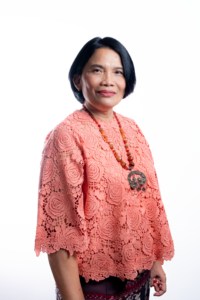
dr. Luh Kurnia, who is also a lecturer, Consultant of Specialist Pediatry, Physical and Rehabilitative Medicine, and the current Chairwoman of the Department of Physical and Rehabilitative Medicine, employed cross-cutting research methods to study several factors that affect the inability to drink among 120 premature infants with gestational ages ranging from 28 to 34 weeks, such as physiological flexion postural tone, cardiorespiration physiological stability, rooting reflex, self-regulation ability, morbidity, and behavioural state .
“Results of cross-cutting research shows that self-regulation is the main factor affecting the inability to drink among premature infants. Through the tracing of said factors it may be concluded that infants incapable of self-regulation have a 1.96 times greater risk to experience inability to drink, followed by infants who do not possess the flexion body posture characteristic of newly-born infants, with a 1.91 times greater risk; while infants with a low level of consciousness and a high morbidity rate are 1,5 times more prone to be unable to drink.”
At the conclusion of her presentation dr. Luh revealed the factors that affect the inability to drink among premature infants declared drink-ready: self-regulation ability, flexion body posture, level of consciousness, and morbidity. The scoring system employed has a moderate discrimination capacity and good calibration, with a cut-off value of at least 7 (maximal value: 14) — good sensitivity, but not-so-good specificity. Clinical testing procedures employing the new method would achieve faster drinking capability durations than those employing conventional procedures.
dr. Luh Karunia’s doctoral promotion examination was headed by the Dean of the Faculty of Medicine Prof. Dr. dr. Ari Fahrial Syam, Sp.PD-KGEH, MMB., with promotors Dr. dr. Irawan Mangunatmadja, Sp.A(K)., and Dr. dr. Risma Kerina Kaban, Sp.A(K), as well as co-promotor Dr. dr. Elvie Zulka Kautzia Rachmawati, Sp. THT-KL(K)., also in attendance. The examining committee was headed by Prof. Dr. dr. Suhendro, Sp.PD-KPTI., and comprised Prof. Dr. dr. Dewi Irawati S. Santoso, MS.; Prof. Dr. dr. Widjajalaksmi Kusumaningsih, Sp.KFR(K), MSc.; Dr. dr. Toto Wisnu Hendrarto, Sp.A(K) from the National Centre of Maternal and Pediatric Health, RSAB Harapan Kita; and Dr. dr. Ratna Darjanti Haryadi, Sp.KFR(K) from the Faculty of Medicine, Universitas Airlangga.

